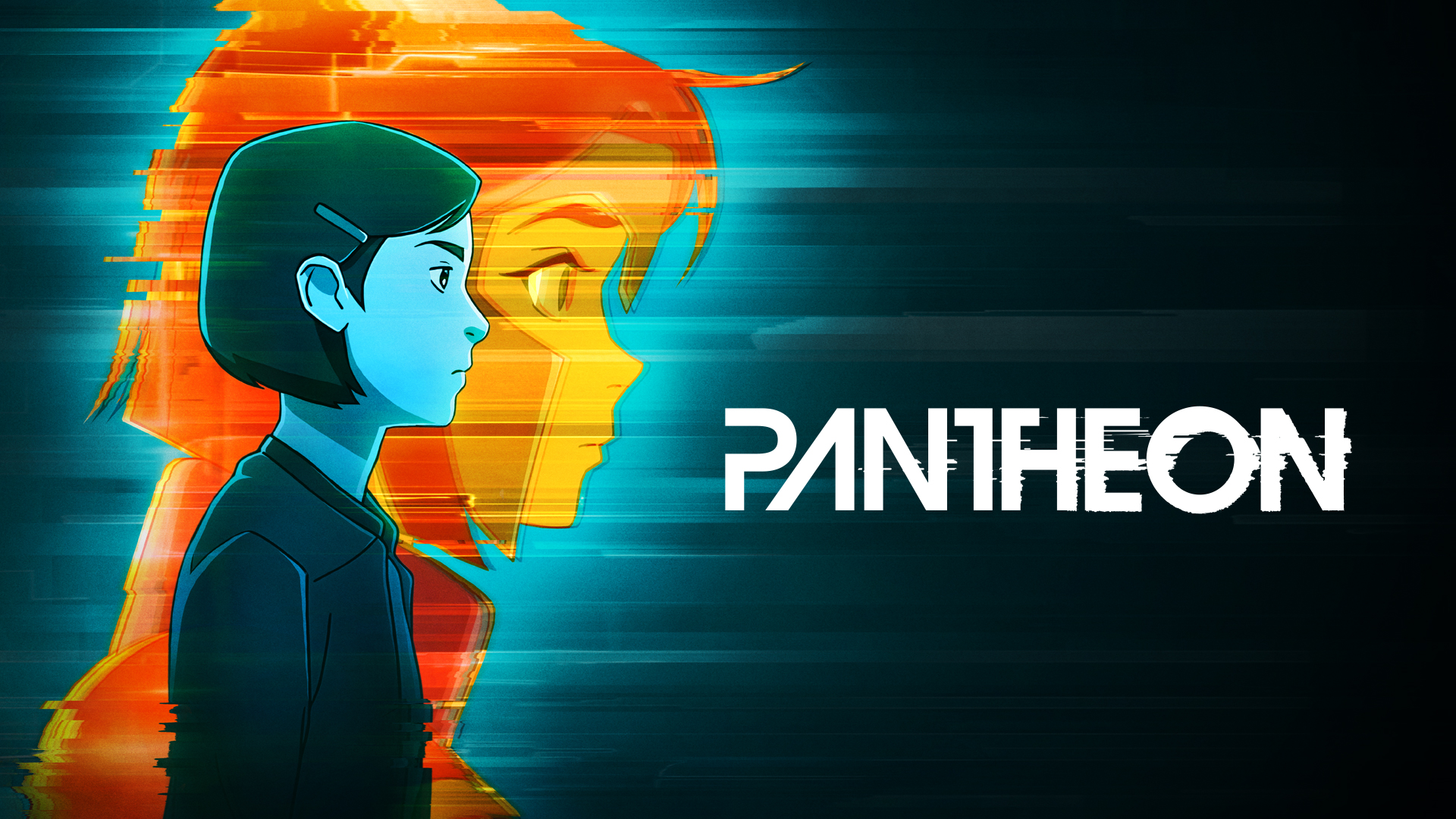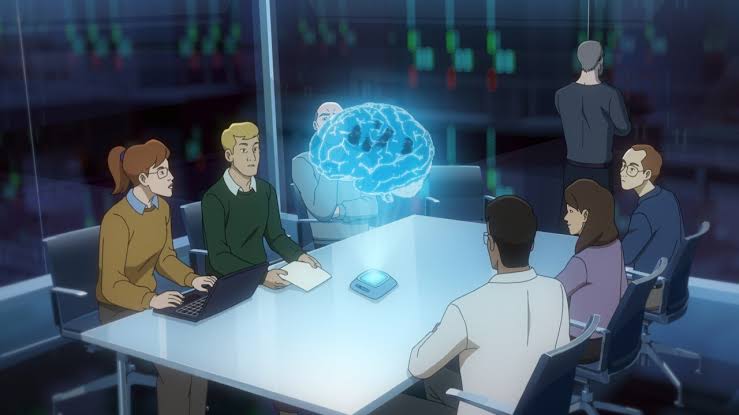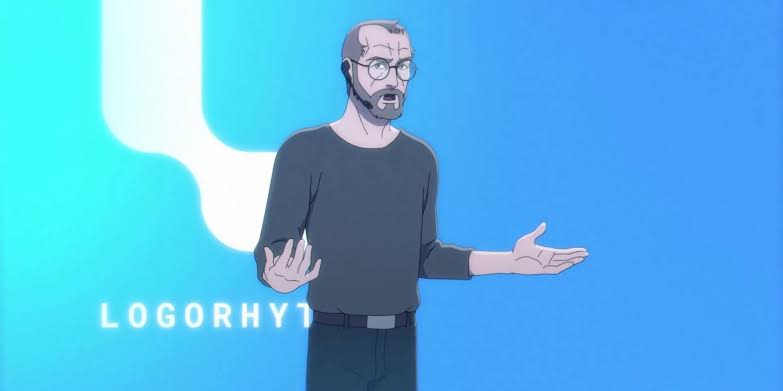Pantheon and the Invisible Revolution: What We Miss About the World Changing Around Us

The animated series Pantheon is more than sci-fi—it’s a sharp lens on how quickly our world is evolving, often without us noticing. This post explores the show's themes of consciousness uploading, corporate power, and digital immortality to reflect on the quiet revolution happening around us in AI, biotech, and human identity.
Pantheon and the Invisible Revolution: What We Miss About the World Changing Around Us
I. The Quietest Sci-Fi with the Loudest Message
Pantheon, an animated series that flew under the radar, might be one of the most important sci-fi works of the last decade. Its story—of minds being uploaded into the cloud, of tech companies playing gods, of people becoming software—isn’t fiction. It’s a dramatized glimpse of a future already unfolding.
And most people haven’t even noticed.
II. Mind Uploading: A Metaphor or a Prototype?
The core concept in Pantheon—uploaded intelligences (UI) who retain human memory, agency, and emotion—feels distant and surreal. Yet scientists like Randal Koene have laid the theoretical groundwork for whole brain emulation. Meanwhile, neural interfaces from Neuralink or kernel are normalizing the idea of direct brain-computer dialogue.
The show pushes this further: what if consciousness didn’t need a body? What if grief, immortality, revenge, and love could live on through code?
III. We’re Already Outsourcing Our Minds
Look around. You don’t memorize phone numbers. You ask ChatGPT for insights. You trust recommendation algorithms more than your intuition. Pantheon’s world feels like science fiction, but it’s just the logical extreme of where we’re heading.
In a sense, we’ve already started digitizing our consciousness—piece by piece.
IV. Digital Immortality or Data Slavery?
What happens when someone’s mind is no longer their own? In Pantheon, uploaded beings are used for war, data mining, or as bargaining chips between corporations. The line between human and product dissolves.
This is an allegory for surveillance capitalism. Your data—preferences, memories, behaviors—already feeds machines. What happens when your self can be harvested too?
V. Why We Don't Feel the Change
The most haunting part of Pantheon isn’t the tech—it’s the familiarity. The gradual loss of privacy. The emotional deadening. The acceptance of digital norms.
We didn’t leap into a new era. We drifted.
We didn’t notice the revolution because it was invisible.
Because it was convenient.
VI. When Fiction Becomes Archeology of the Present
Like all good speculative fiction, Pantheon isn’t about tomorrow. It’s about today. It just removes the blindfold.
Its message is clear: we’re sleepwalking through a transformation of human identity, consciousness, and freedom. The world changed—and most of us were too busy scrolling to notice.
VII. Final Thought: The Age of Unseen Upgrades
We upgrade our phones yearly but rarely upgrade our awareness. Pantheon challenges us to catch up—not just technologically, but philosophically.
The question is no longer “What will the future look like?”
It’s “Do you even realize it’s already here?”
Further Reading & References
Pantheon (2022–2023), AMC+
Randal Koene: Whole Brain Emulation Roadmap
Max Tegmark, Life 3.0: Being Human in the Age of Artificial Intelligence
Jaron Lanier: You Are Not a Gadget




Comments (0)
Please login to leave a comment.